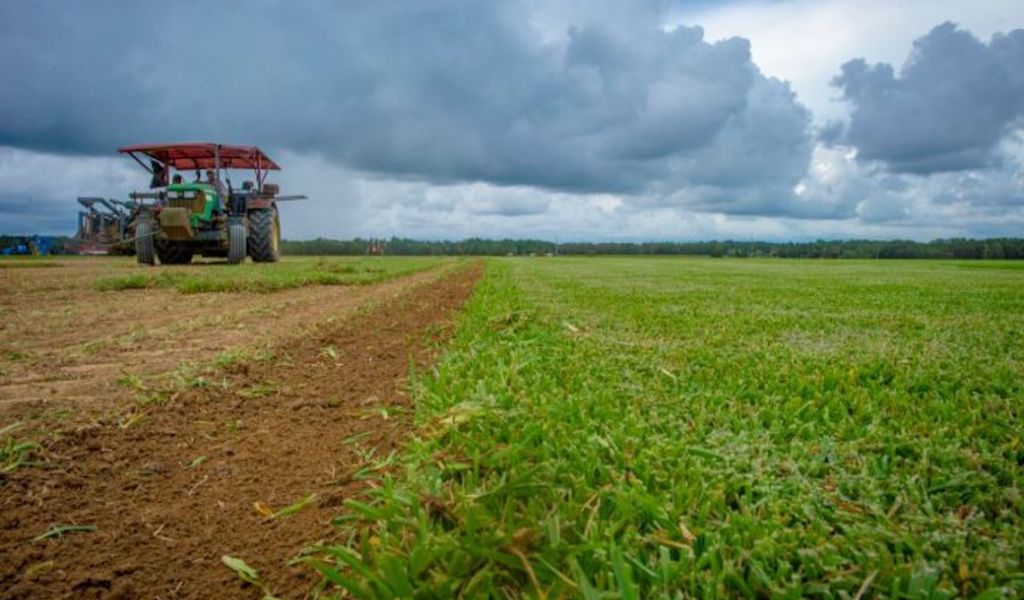Lao and Japanese companies forge partnership in agricultural development

The collaboration will train villagers in modern farming knowledge so they can continue training on Japanese farms, which could further enhance their skills. The scheme aims to produce and supply high-quality vegetables grown in open fields and greenhouses to Lao and overseas markets. The Lao firm KP Company Limited recently signed a shareholder agreement with Japan’s Inochio Holdings Inc. The deal was inked by the President of the KP Group representing KP, Mr Khemsath Philaphandeth, and the Director of Inochio, Mr Kohei Ishiguro.
KP started off as a distributor company in the 1940s and was officially registered in 1995 with the Ministry of Industry and Commerce. Today, there are 16 companies under the umbrella of the KP Group with diverse businesses including distribution, automotive and agriculture. In 2018, KP was given an Asean Responsible Business award thanks to its cucumber plantation and the export of the crop to Japan.
According to KP, realising the potential market for high-quality agriculture products in the Lao and overseas markets, the company has formed a partnership with Inochio (Toyohashi, Japan), a well-known Japanese group of companies established in 1909, specialising in providing agricultural facilities and materials as well as producing tomatoes for supply to the Japanese market. The joint-venture Inochio KP Lao Company Limited has a farm in Thataeng district, Xekong province. It is currently in the early stages of development, with specialists testing the suitability of the soil, climate and crop varieties. The intention is to plant the first commercial crops in 2020. The company also hopes to provide about 10 full-time positions and more than 100 seasonal employment positions to villagers living nearby. Through this, the company aims to offer villagers a livelihood and reduce the social issues relating to illegal migration to neighbouring countries. In the long run, this could help to improve the quality of farming in Laos when trainees return to Laos after boosting their skills in Japan. The company will adjust its business plan to match socio-economic development in Laos and ensure that its operations improve villagers’ lives in an ethical and sustainable fashion.
Information source: Vientiane Times.
